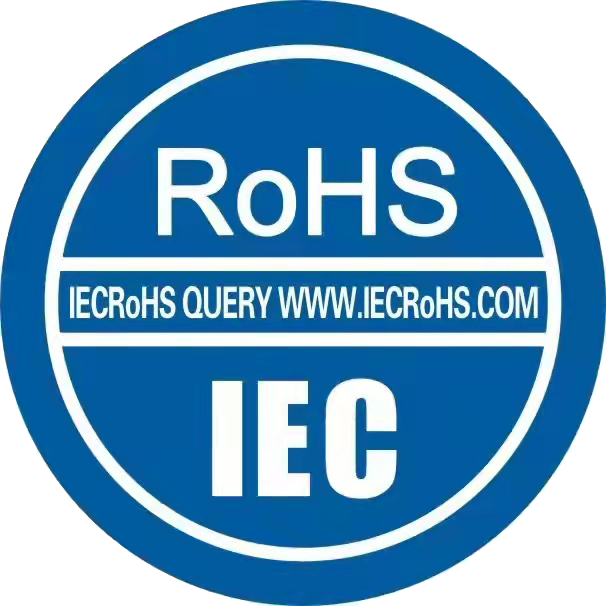Reach SGS: Understanding the Importance of Compliance and Certification
In today’s global marketplace, ensuring product safety and regulatory compliance is more critical than ever. One of the key players in this field is SGS, a world-renowned company specializing in inspection, verification, testing, and certification. For businesses aiming to “reach SGS,” understanding its services and how to achieve compliance can be a game-changer. This article delves into the significance of SGS certification, its benefits, and how companies can navigate the process effectively.
What Is SGS?
SGS, formerly known as Société Générale de Surveillance, is a multinational company headquartered in Geneva, Switzerland. Founded in 1878, SGS has grown to become the global leader in inspection, verification, testing, and certification services. With over 97,000 employees and a network of more than 2,600 offices and laboratories worldwide, SGS provides comprehensive solutions to ensure quality, safety, and sustainability across various industries, including agriculture, chemicals, consumer goods, and energy.
Why Reach SGS for Compliance?
For businesses, reaching SGS means gaining access to unparalleled expertise in regulatory compliance. SGS helps companies meet international standards such as REACH (Registration, Evaluation, Authorization, and Restriction of Chemicals), RoHS (Restriction of Hazardous Substances), and other industry-specific regulations. By partnering with SGS, businesses can ensure their products are safe, environmentally friendly, and compliant with global market requirements.
The Role of SGS in REACH Compliance
REACH is a European Union regulation that addresses the production and use of chemical substances. Companies looking to “reach SGS” for REACH compliance can benefit from its extensive testing and certification services. SGS assists businesses in registering chemical substances, conducting safety assessments, and preparing necessary documentation to meet REACH requirements. This ensures that products can be legally sold in the EU market without facing regulatory hurdles.
Benefits of SGS Certification
Obtaining SGS certification offers numerous advantages for businesses. First, it enhances brand credibility by demonstrating a commitment to quality and safety. Second, it facilitates market access by ensuring compliance with international regulations. Third, it reduces the risk of costly recalls or legal penalties due to non-compliance. Ultimately, reaching SGS can give companies a competitive edge in their respective industries.
How to Reach SGS for Certification
The process of reaching SGS for certification typically involves several steps. First, businesses must identify the specific standards or regulations they need to comply with. Next, they should contact SGS to discuss their requirements and schedule an assessment. SGS will then conduct testing, inspections, or audits as needed. Finally, upon successful completion, the company will receive the necessary certification or compliance report.
Industries That Benefit from SGS Services
SGS serves a wide range of industries, including automotive, electronics, food and beverage, pharmaceuticals, and textiles. Each sector has unique regulatory challenges, and SGS tailors its services to address these specific needs. For example, in the automotive industry, SGS ensures that vehicles meet safety and emissions standards, while in the food industry, it verifies product quality and safety.
Conclusion: The Value of Partnering with SGS
Reaching SGS is a strategic move for any business aiming to achieve regulatory compliance and market success. With its global reputation, extensive expertise, and comprehensive services, SGS provides the tools companies need to navigate complex regulations and maintain high standards. By leveraging SGS certification, businesses can build trust with consumers, avoid legal issues, and expand their market reach.
Disclaimer
The information provided in this article is for educational and informational purposes only. It is not intended as legal or professional advice. While every effort has been made to ensure the accuracy of the content, SGS, the author, and the publishing platform do not assume any responsibility for errors, omissions, or outcomes resulting from the use of this information. Readers are encouraged to consult with professional advisors for specific guidance related to their circumstances.

